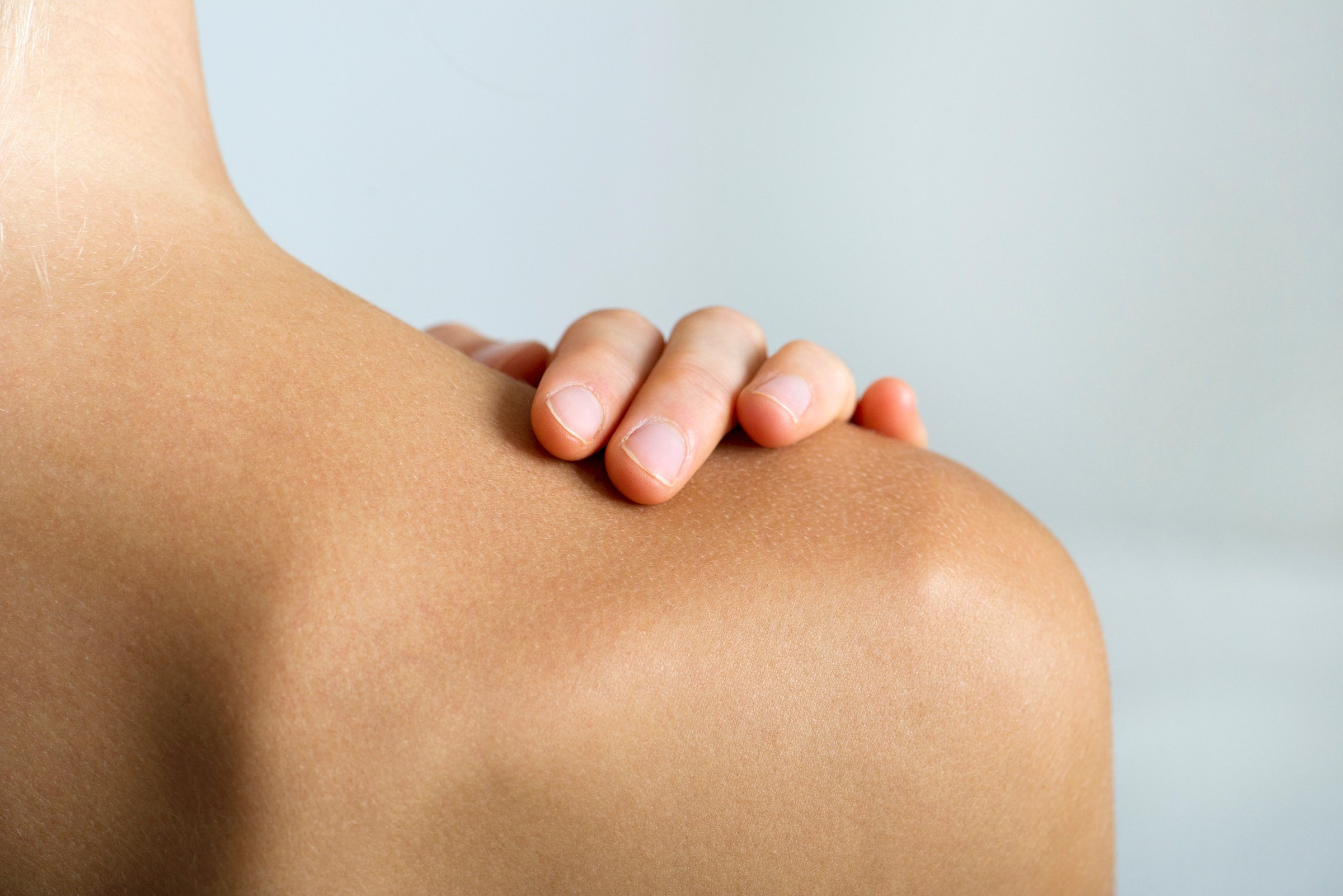
This week’s health news was filled with useful tips about how to feel better and happier with a bit of self-care, like taking a walk during work and getting an occasional massage. Here’s what else caught our attention this week. (Sign up for our newsletter for more.)
Here’s how to be less tired after work
If you’re tired of battling post-work fatigue, take a walk. A quick lunchtime stroll in a green space helped people concentrate more and feel better for the rest of the afternoon.
Almost half of U.S. adults have HPV
The sexually transmitted infection is more common than you think. Even more concerning: one in five adults has the type that puts a person at higher risk for cancer.
Why your pet is good for your mental health
The smile-making, anxiety-relieving benefits of pet therapy are fur-real.
The health risks of tattoos
Tattoos come with some rare but real risks, including blood-borne diseases from tainted ink and cancer.
Aspirin may lower the risk of dying from cancer
Here’s how much aspirin is linked to a lower risk of cancer death, and how long people have to take it before these benefits emerge.
Massage can help treat lower back pain
Touch therapy is powerful—even against lower back pain, the leading cause of job disability worldwide. In a new study, massage helped most back pain sufferers feel better.
How vitamin C may help cancer treatments work better
A small new study finds that it’s safe for cancer patients to take large doses of intravenous vitamin C while undergoing radiation. Doctors are now looking into whether doing so helps their treatments work better.
Babies in these countries cry the most
Newborns cry more in the U.K., Canada and Italy than they do in other countries, according to a new study. The driest infant eyes are in Denmark, Germany and Japan. (Still a mystery: why people cry in the first place.)
Why nature sounds help you relax
Hearing the soothing sounds of nature may help people get out of their own heads, a new brain imaging study suggests.
More Must-Reads from TIME
- Donald Trump Is TIME's 2024 Person of the Year
- Why We Chose Trump as Person of the Year
- Is Intermittent Fasting Good or Bad for You?
- The 100 Must-Read Books of 2024
- The 20 Best Christmas TV Episodes
- Column: If Optimism Feels Ridiculous Now, Try Hope
- The Future of Climate Action Is Trade Policy
- Merle Bombardieri Is Helping People Make the Baby Decision
Write to Mandy Oaklander at mandy.oaklander@time.com